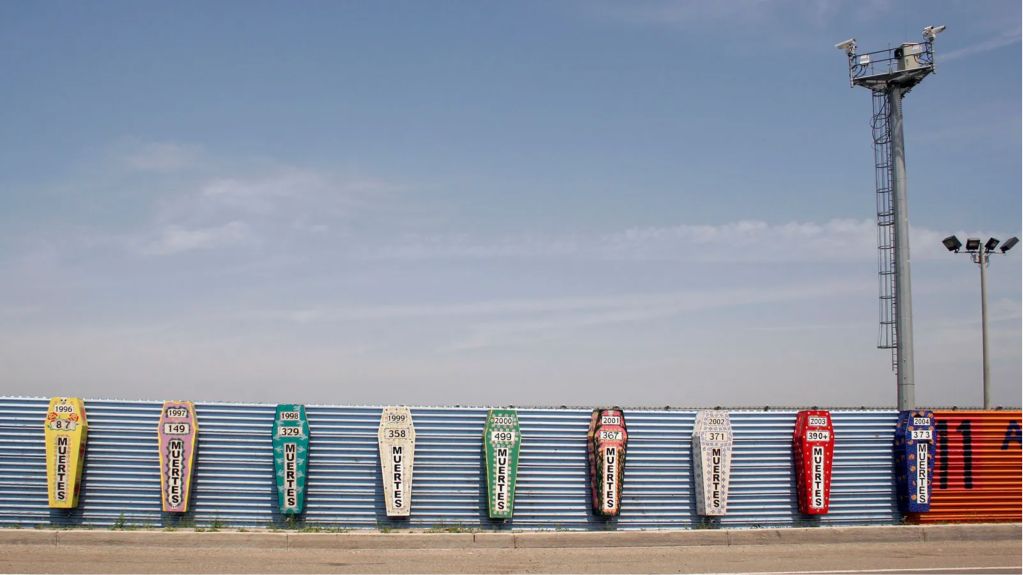Climate Change Threatens Indigenous Communities in Panama and Mexico


Forest fire photo by Bertknot.
March 7, 2024
By Valeria Chacon
Climate change is adversely contributing to humanitarian emergencies such as heatwaves, wildfires, floods, tropical storms, and hurricanes. Unfortunately, these crises are only increasing in frequency and magnitude. For example, Indigenous communities in Panama and Mexico find themselves displaced from their ancestral lands as climate change intensifies.
Gardi Sugdub is an island situated off the coast of Panama, home to over 1,453 Guna people. It is vulnerable to rising sea levels. Life on this tiny, crowded island becomes increasingly challenging as residents experience frequent floods and storms, impacting crucial aspects of their everyday living such as housing, water, health, and education. Naila, who lives on Gardi Subdug, describes the deteriorating conditions of her school due to flooding. The walls of her school display extensive water damage, with noticeable cracks and crumbling. These relentless challenges have forced the people of Gardi Sugdub to leave behind their ancestral homeland and onto mainland Panama.
With the support of NGOs and after many years of community-led advocacy, in 2017 the Panamanian government made the decision to construct new homes for the Gardi Sugdub community in mainland Panama. There’s just one problem: the people of Gardi Sugdub have yet to receive the keys to their new homes. As of now, no one has moved into the new relocation site. The construction timeline has been delayed three times, with the original completion date set for September 25, 2023, and then pushed back to February 29, 2023. The latest update posted on March 3, 2024, states that the construction is in its final stages, but there is doubt regarding when the new relocation site will be complete.
Much like the people of Gardi Sugdub, the indigenous people of Oaxaca, Mexico are grappling with the devastating effects of climate change as wildfires engulf acres of their ancestral land. The wildfire, which started burning on February 26, 2024, quickly spread throughout the region. Despite early warnings, the government’s response was slow, exacerbating the crisis. Emergency assistance was only dispatched after casualties were reported, two days after the initial notice. The fire has tragically claimed the lives of five individuals so far, with many more displaced.
Hindered by dry conditions and limited water resources, efforts to contain the fire remain challenging. It is reported that in 2024 alone, Oaxaca has witnessed 35 forest fires, impacting over 1,500 acres of ancestral land. Adding to the devastation, Mexican officials announced on March 4, 2024, that areas affected by the wildfires pose a risk for flash floods.
The fires in Oaxaca and floods in Gardi Sugdub reiterate the urgent need for action to address the impacts of climate change on indigenous communities. These communities will continue to face immense challenges that will leave them vulnerable and displaced if their governments continue to turn a blind eye and do not provide adequate support. Governments, NGOs, and communities need to work together to implement proactive measures to address climate change issues by planning the relocation of communities facing serious environmental degradation and prioritizing the safety and well-being of indigenous peoples.
Valeria Chacon is a Research Assistant at the Immigration Lab and studying Justice Law and Criminology at American University









